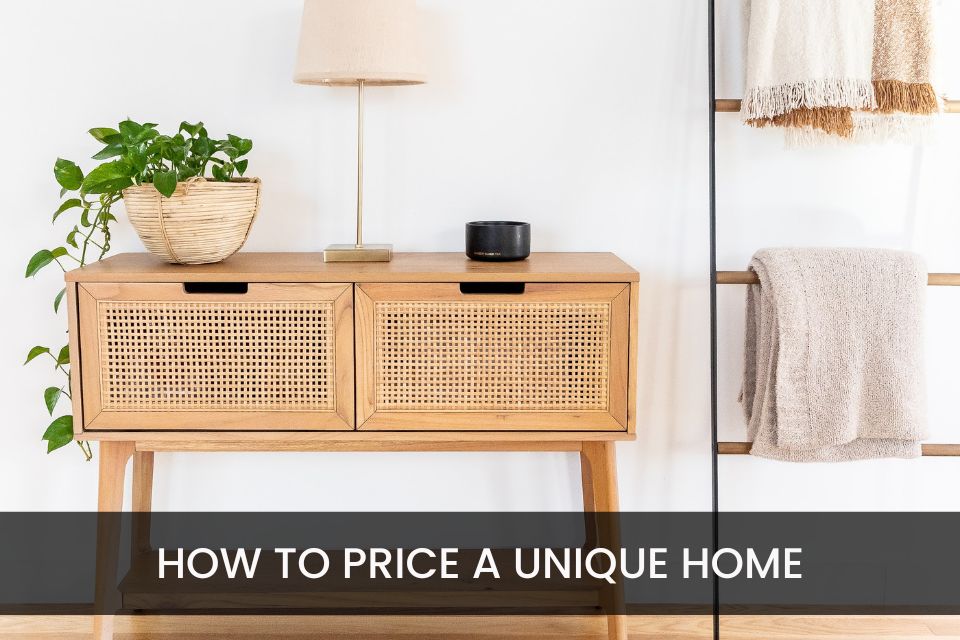Most homes can be easily priced by looking at comparable properties in the
area. A real estate agent will look at recent sales of similar homes as well
as market trends – is it an accelerating market or a declining market? But
for sellers who own custom or more unique homes, pricing the property to
sell requires a more strategic approach.
Sellers and agents should start by researching the local market for homes
with similar distinctive features. This could include custom architecture,
historical elements, eco-friendly designs, expansive views, and more. Even
if the properties are not exact, they can provide a baseline for pricing.
When setting a price, think about the emotional appeal of your home.
Buyers of custom homes are often looking for something special and are
willing to pay a premium. Highlight the standout features that make your
home different and make sure these elements are emphasized in your
marketing and during showings.
Using a listing agent who is experienced in selling unique homes is also
important. They should be familiar with the area and can suggest a price
that balances competitiveness with the custom nature of your property.
They may also suggest you get a pre-listing appraisal to gain an objective
view of your home’s value.
Flexibility is the key to selling a unique home. Understand that it might take
longer than selling conventional property. Not all buyers will be interested in
the property and patience is important. Be open to negotiation and willing to
adjust the pricing strategy as you get feedback.
Most homes can be easily priced by looking at comparable properties in the
area. A real estate agent will look at recent sales of similar homes as well
as market trends – is it an accelerating market or a declining market? But
for sellers who own custom or more unique homes, pricing the property to
sell requires a more strategic approach.
Sellers and agents should start by researching the local market for homes
with similar distinctive features. This could include custom architecture,
historical elements, eco-friendly designs, expansive views, and more. Even
if the properties are not exact, they can provide a baseline for pricing.
When setting a price, think about the emotional appeal of your home.
Buyers of custom homes are often looking for something special and are
willing to pay a premium. Highlight the standout features that make your
home different and make sure these elements are emphasized in your
marketing and during showings.
Using a listing agent who is experienced in selling unique homes is also
important. They should be familiar with the area and can suggest a price
that balances competitiveness with the custom nature of your property.
They may also suggest you get a pre-listing appraisal to gain an objective
view of your home’s value.
Flexibility is the key to selling a unique home. Understand that it might take
longer than selling conventional property. Not all buyers will be interested in
the property and patience is important. Be open to negotiation and willing to
adjust the pricing strategy as you get feedback.

Recent Comments